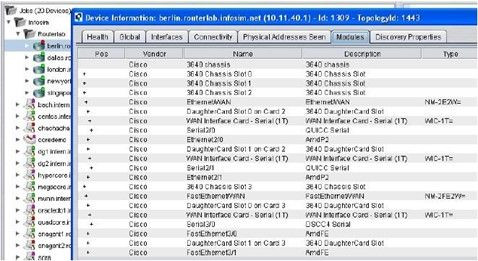-
Call Us:1.800.561.4019
Newsletter
For a Free Quote...
Latest Blog Posts
Blog Categories
Telnet Networks News
CVE-2015-5119 and the Value of Security Research and Ethical Disclosure
The Hacking Team’s Adobe Flash zero day exploit CVE-2015-5119, as well as other exploits, were recently disclosed.
Hacking Team sells various exploit and surveillance software to government and law enforcement agencies around the world. In order to keep their exploits working as long as possible, Hacking Team does not disclose their exploits. As such, the vulnerabilities remain open until they are discovered by some other researcher or hacker and disclosed.
This particular exploit is a fairly standard, easily weaponizable use-after-free—a type of exploit which accesses a pointer that points to already free and likely changed memory, allowing for the diversion of program flow, and potentially the execution of arbitrary code. At the time of this writing, the weaponized exploits are known to be public.
What makes this particular set of exploits interesting is less how they work and what they are capable of (not that the damage they are able to do should be downplayed: CVE-2015-5119 is capable of gaining administrative shell on the target machine), but rather the nature of their disclosure.
This highlights the importance of both security research and ethical disclosure. In a typical ethical disclosure, the researcher contacts the developer of the vulnerable product, discloses the vulnerability, and may even work with the developer to fix it. Once the product is fixed and the patch enters distribution, the details may be disclosed publically, which can be useful learning tools for other researchers and developers, as well as for signature development and other security monitoring processes. Ethical disclosure serves to make products and security devices better.
Likewise, security research itself is important. Without security research, ethical disclosure isn’t an option. While there is no guarantee that the researchers will find the exact vulnerabilities held secret by the likes of Hacking Team, the probability goes up as the number and quality of researches increases. Various incentives exist, from credit given by the companies and on vulnerability databases, to bug bounties, some of which are quite substantial (for instance, Facebook has awarded bounties as high as $33,500 at the time of this writing).
However some researchers, especially independent researchers, may be somewhat hesitant to disclose vulnerabilities, as there have been past cases where rather than being encouraged for their efforts, they instead faced legal repercussions. This unfortunately discourages security research, allowing for malicious use of exploits to go unchecked in these areas.
Even in events such as the sudden disclosure of Hacking Team's exploits, security research was again essential. Almost immediately, the vendors affected began patching their software, and various security researchers developed penetration test tools, IDS signatures, and various other pieces of security related software as a response to the newly disclosed vulnerabilities.
Security research and ethical disclosure practices are tremendously beneficial for a more secure Internet. Continued use and encouragement of the practice can help keep our networks safe. Ixia’s ATI subscription program, which is releasing updates that mitigate the damage the Hacking Team’s now-public exploits can do, helps keep network security resilience at its highest level.
Additional Resources:
Malwarebytes UnPacked: Hacking Team Leak Exposes New Flash Player Zero Day
Thanks to Ixia for the article.
When you subscribe to the blog, we will send you an e-mail when there are new updates on the site so you wouldn't miss them.





Comments